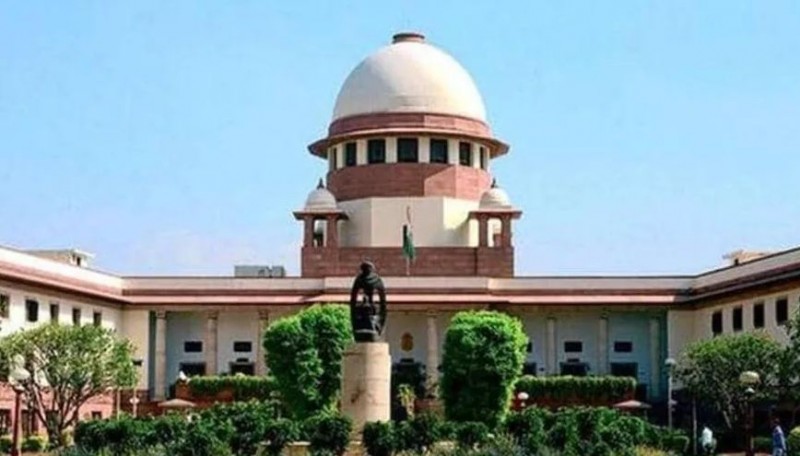
New Delhi: Hearing Kamal Anant Khopkar's plea to end gender bias in the Hindu Succession Act, the Supreme Court has directed the Central government to file its reply within four weeks. The court has asked that just as a Hindu married man's wife and parents can also be partners in his personally acquired property after his death, why can't her parents be partners in the privately acquired property of a married woman? Why is the husband the only partner?
The petition has sought the court to issue a directory to ensure dignity and gender justice for women in determining succession. A bench of Justices Suryakumar and Bela Dhurya Trivedi, led by Justice Dhananjay Yashwant Chandrachud, posted the PIL in the Apex Court and posted its stand to the Centre and posted the next hearing to next month. Mrinal Dattatreya Buva and Patient Salunkhe, appearing for the petitioner, argued in the court that as per Section 15 of the Hindu Succession Act, 1956, only the husband's kin inherit the husband's personal property. Not his wife's family members i.e. parents.
He said that under this law, if a Hindu woman dies without writing a will, then her husband becomes entitled to all the earned property. If he wants, he will not give a single penny to the parents of the deceased woman. Because in the law, a woman's parents have no right to her personal property, but in a man's property, her parents have a right.
'Kaun Banega Crorepati 5' winner Sushil Kumar, came into the limelight once again
UP Hindu organisations opposed Muslims offering namaz by blocking roads in Agra
CM Dhami met Modi and Shah, says this big thing about uniform civil code